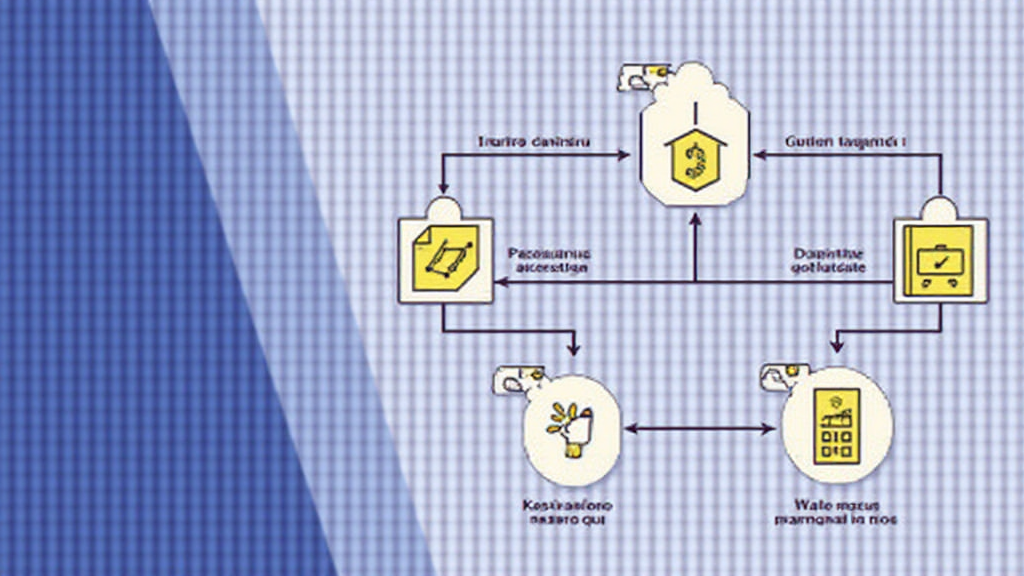Understanding HIBT Vietnam KYC Requirements
With the cryptocurrency market growing at an unprecedented rate—over 300% in Vietnam alone since 2020—understanding the HIBT Vietnam KYC requirements is vital for anyone looking to participate in this digital revolution. As users flock to platforms like bobscoinsonline for trading and investments, ensuring compliance with Know Your Customer (KYC) protocols has become paramount. This not only protects users but also contributes to the security and stability of the overall blockchain ecosystem.
What is KYC?
KYC, or Know Your Customer, is a process used by financial institutions and platforms to verify the identity of their clients. In the context of cryptocurrency, it entails collecting and verifying certain personal information to prevent fraud, money laundering, and other illicit activities. As Vietnam embraces the blockchain trend with firms like HIBT, establishing robust KYC practices is crucial.
The Importance of KYC in Vietnam’s Cryptocurrency Market
- Regulatory Compliance: As Vietnam’s government remains focused on crypto regulations, adhering to KYC protocols helps businesses stay compliant.
- Builds Trust: Implementing KYC procedures enhances user confidence, knowing that a platform is secure.
- Fraud Prevention: KYC minimizes the possibility of fraudulent activities, protecting both users and platforms.
KYC Requirements in Vietnam
In Vietnam, the HIBT Vietnam KYC requirements often include the following:

- Proof of Identity: Users must present valid identification documents, such as a national ID card or passport.
- Proof of Address: A utility bill or bank statement confirming the user’s residential address is usually required.
- Funds Source Verification: Sometimes, users are required to disclose the source of their funds to prevent illegal activities.
Navigating the KYC Process
The KYC process can seem daunting, but here’s how you can easily navigate it:
- Gather Required Documents: Make sure to have both identity and address proof ready.
- Submit Online: Many platforms allow you to upload documents securely online.
- Confirmation: After submission, you will usually receive a confirmation email once your KYC is approved.
Challenges in the KYC Process
While KYC is essential, there are challenges:
- User Privacy Concerns: Some users may hesitate to share sensitive information.
- Potential Delays: Approval times can vary, leading to delays in trading.
- Technological Barriers: Not all users are comfortable with digital document uploads.
Yet, platforms like bobscoinsonline strive to minimize these challenges, offering user-friendly KYC processes while maintaining high security.
The Future of KYC in Vietnam
As blockchain technology evolves, we can expect the following trends in Vietnam’s KYC requirements:
- Increased Automation: AI and machine learning will streamline the KYC processes, making them quicker and more efficient.
- Enhanced Data Security: With growing data protection laws, systems will be increasingly designed to safeguard user information.
- Integration of Biometrics: Biometric verification may become a standard part of the KYC process, ensuring higher security levels.
Conclusion
In conclusion, understanding the HIBT Vietnam KYC requirements is not just about regulatory compliance—it’s about securing your digital assets and building a trustworthy environment. As Vietnam moves forward with its crypto landscape, platforms like bobscoinsonline are committed to ensuring that users can trade and invest securely and confidently. The future looks promising, and adapting to KYC protocols is a step towards a safer and more legitimate cryptocurrency experience in Vietnam.
Note: This article is not financial advice. Always consult local regulations and experts.
bobscoinsonline provides a user-friendly platform for understanding and meeting the necessary KYC requirements in Vietnam.


